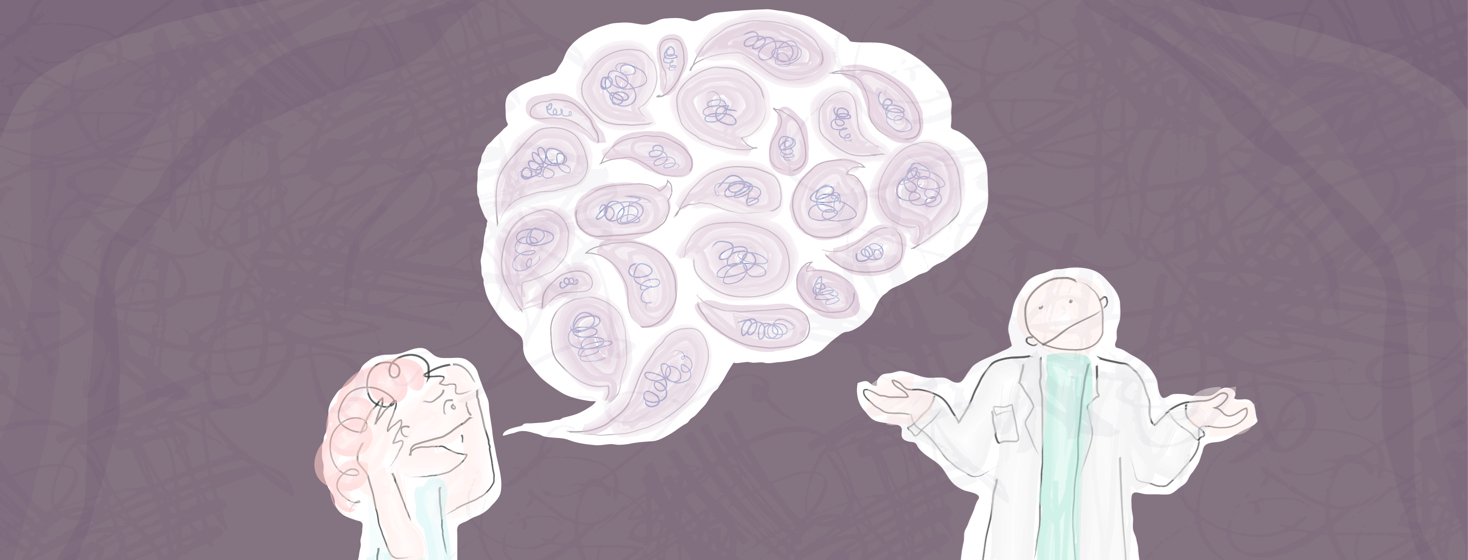Breast Cancer and Mental Health - My Story
In the last few years, I have seen conversations about mental health come out of the shadows, the whispers, and into the forefront of larger conversations about health and medical care in general.
It’s been a sea change, particularly for me, who has struggled with anxiety and depression for most of my adult life. In my twenties, I played what I think of now as mental health ping ball, utilizing short-term fixes to mask long-term problems.
I found few resources available to speak honestly and openly about mental health, the challenges and struggles, and truthfully, the triumphs as well.
Mental health challenges
After receiving my metastatic breast cancer diagnosis in 2017, I knew that managing my mental health was going to be as crucial to the management of my disease as adherence to my medication regimen itself.
It was as if all stigma had fallen away - I would now be on many other medications for the rest of my life, and it seemed far less taboo or unusual for me to experience the mental challenges that had chased me for so many years.
And yet, I was surprised at the lapses in mental health care available for those navigating a breast cancer diagnosis. Mental illness is real - they are real illnesses with real symptoms and real situations that exacerbate them.
Navigating my mental health
Within a few days of my diagnosis, I reached out to my doctors and requested that I speak to them about navigating my mental health through some of the worst moments of my life so far.
I spoke about my history of depression and anxiety and my inability to sleep, that I would lie in bed, restless and anxious, crying and worrying about what was going to happen to me, to my family, and what was to come.
I was referred to the staff psychiatrist, but when I called that office, I was told that the next available appointment was not until April 2018. That was almost five months away, and I needed help now. To me, that was unacceptable. I pushed harder and reached out to other members of my medical team.
At that point, I was managing the physical pain of my bone metastases, insomnia from the stress of a life-altering diagnosis, and the beginning symptoms of menopause, exacerbating my sleeplessness significantly.
Treatment and support for mental health
After a few weeks, I found a psychiatrist who listened to me and was available immediately. I broke down in tears in her office, the layers of stress sloughing off at last.
I spoke of my lack of sleep, my pain (finally more appropriately managed by my treating my anxiety and depression for the rest of my life as well. These are the medications that will allow me to continue to live my life, in spite of any diagnostic labels I carry.
Editor’s Note: We are extremely saddened to share that on Sunday, March 29, 2020, Emily Garnett passed away. We know that Emily's advocacy efforts continue to reach many. She will be deeply missed.

Join the conversation